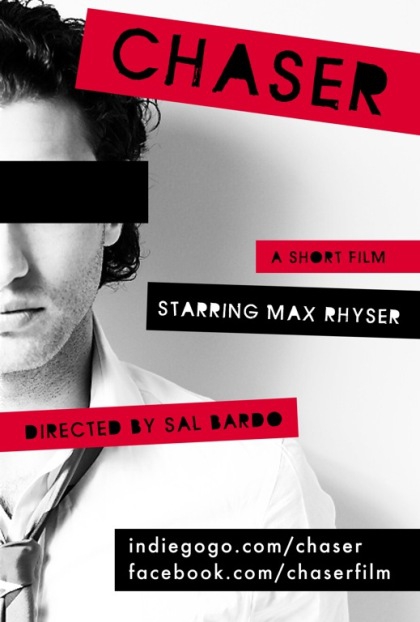
Sal Bardo, director of the 2010 short film Requited, is currently seeking funding for his next short film, Chaser, aboout “bug chasers,” a fringe of gay men who actively seek HIV infection. Talking to the Huffington Post, Bardo reveals the resistance he has faced inside the LGBT community, from individuals and organizations who feel his film will “sensationalize” a contentious issue.
“When I made my first short film, Requited, in 2010, one of the actors, Max Rhyser, and I began sharing stories about men we’d met who are intentionally trying to become infected with HIV. They’re called “bug chasers,” and we mutually expressed our confusion and dismay about the subject. The lesbian, gay, bisexual, and transgender (LGBT) community doesn’t want to talk about it. The activist community is afraid to admit it. The straight world doesn’t know about it. And so Max and I decided to make a movie called Chaser…
At that point I was sure the film would be more than just provocative. I told Max we should be prepared to defend it, that our decision not to condemn our main character’s behavior, but instead just tell a story and let the audience make their own judgment, would make people uncomfortable. What I didn’t expect was the pushback that came before we’d even raised the money to make the film, or that it would come from sources seemingly dedicated to eradicating HIV from our community. When we approached one of the country’s oldest and most respected AIDS organizations about partnering with us for our upcoming fundraiser on March 30, a representative accused us of “sensationalizing” the issue, decrying that it was a small “fringe” of the gay community who were engaging in this behavior…
We can’t make progress without asking questions. Who are these “chasers”? Why are they doing this? Some of them are men whose families and cultures have shamed them into anonymous, unsafe sex, who have devalued them to the point where they believe their lives aren’t worth protecting. Some are boys sitting in classrooms, watching videos like the one I watched, believing they have no future. These are our people. This is our community. This is our family. And if a member of your family were acting in a self-destructive way, would you ignore it? Would you deny that it was happening? Would you shun those who tried to help? Or would you confront him, find out why, and try to figure out how to stop it?”
 Why you can trust Xtra
Why you can trust Xtra


